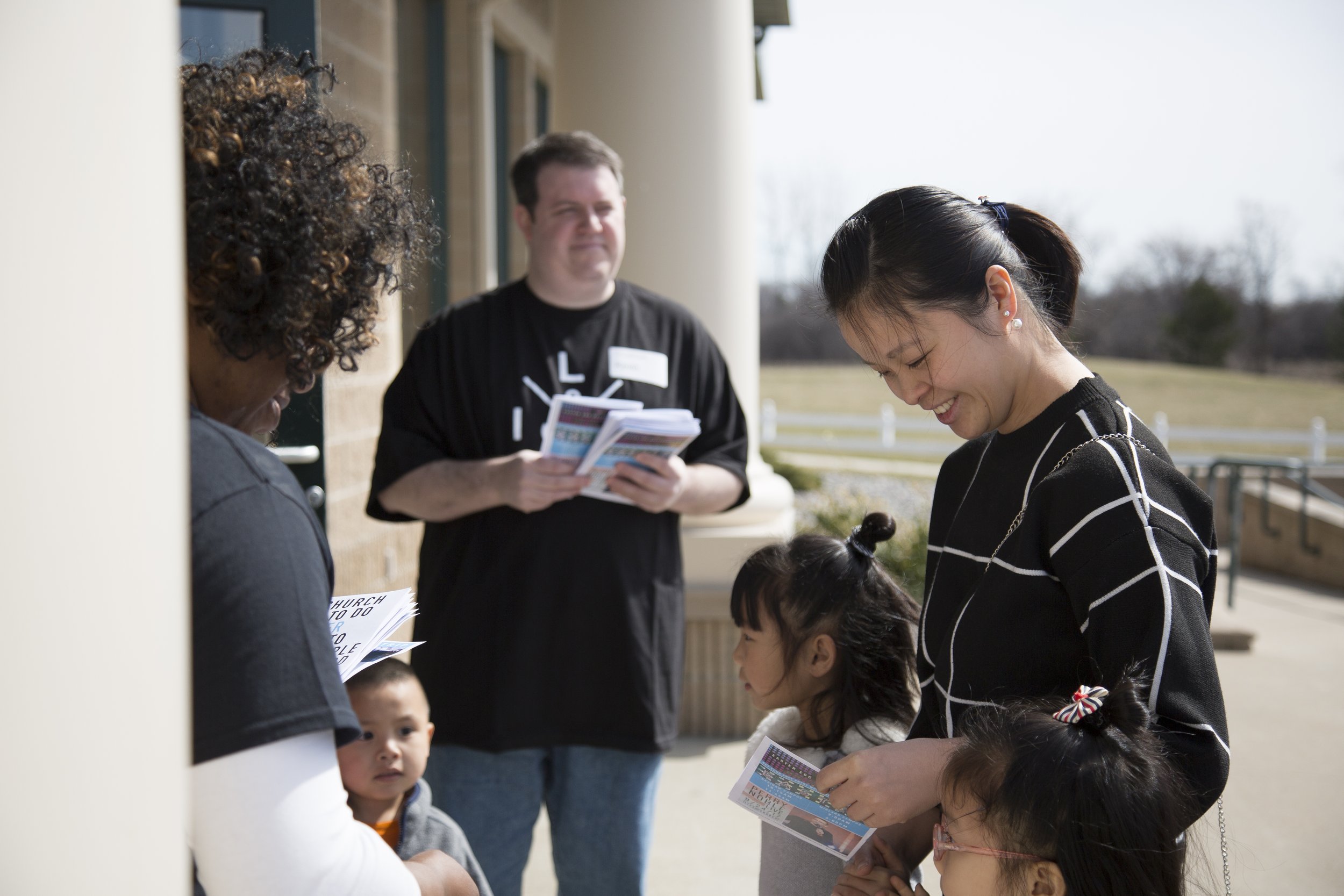Like so many pastors, my life was influenced by the teachings of Dr. Tim Keller, who passed away on May 19th at 72 from Stage 4 Pancreatic Cancer. I remember being entranced back in 2008 by how Keller connected Christ to every passage and story in the Bible. His track record as a church planter in Manhattan was unparalleled and undoubtedly will further influence Christian leaders for generations to come.
Redeemer Church posted the following today:
Last November the leadership of the Redeemer family of churches decided to host a gathering of congregants from all of our churches called Redeemer Night. We scheduled it for May 19. In God's good providence it was the day Tim Keller went to be with his Savior. Redeemer Night suddenly took on new meaning. Tim was asked several weeks ago by our network pastoral leadership team to share a few thoughts on video about his vision moving forward for our network of churches and ministries. What had not been anticipated was that it would be his final word to the congregants of our five Redeemer churches. We share it with the hope that it will encourage and strengthen all who view it to love and serve Jesus in whatever context you find yourself.
For what it’s worth, here are the three final points of Keller’s message for Redeemer Church and beyond.
Three Bits of Advice from the Book of Jeremiah
Live on the Razor’s Edge. “Seek the peace and prosperity of the city to which I have carried you into exile. Pray to the Lord for it, because if it prospers, you too will prosper” (Jeremiah 29:7, NIV).
What razor’s edge? The Babylonians took the Jews to Babylon to destroy their culture and faith as they were assimilated into Babylon. Some Jews said, ‘Let’s stay outside so that we don’t lose our identity.’
Keller (direct quotes): “But the Lord says to them, ‘I want you to move into the city but I want you to KEEP your identity. I want you to increase in numbers and to keep your faith but at the same time to engage. I want you to seek its peace and prosperity… I want you to love it.’ That’s the razor’s edge. Engage, but at the same time, be different. Don’t assimilate and just pick up all the views of the culture, but don’t stay out, keep your skirts clean, denounce everybody, no. Live on the razor’s edge.”Invest, Don’t Just Consume. Just before Israel goes into exile, we see these words in Jeremiah 32: “My cousin Hanamel came to me in the courtyard of the guard and said, ‘Buy my field at Anathoth in the territory of Benjamin. Since it is your right to redeem it and possess it, buy it for yourself.’ I knew that this was the word of the Lord; so I bought the field at Anathoth from my cousin Hanamel… For this is what the Lord Almighty, the God of Israel, says: Houses, fields and vineyards will again be bought in this land’” (Jeremiah 32:8-9, 15).
Keller (direct quotes): ”See, right now if you live in Ukraine — in eastern Ukraine — would you buy a piece of property? Probably not. Why? Because you don’t even know if it’s going to end up in Russia… It would be a terrible investment.
And that’s exactly what Hanamel is asking Jeremiah to do…. Jeremiah says, ’I know what God has said. Yes, there will be a conquest. Yes, there will be an exile… But I will bring the people back.’
Look, don’t just come here to consume. Don’t just come to New York to say, ‘I just want to get this on the resume, have an exciting church experience…’ Invest here. Jesus Christ said, ‘I will build My church.’ He doesn’t say, ‘I will build My church EXCEPT in big cities.’ So invest in the church. Invest your time. Invest your — yes — invest your money. Invest your life.”Forget About Your Reputation. “Should you then seek great things for yourself? Seek them not” (Jeremiah 45:5).
Keller: “Genesis 11 tells us that people tend to go the city to make a name for themselves. They get excited, they’re going to do well in their work. And by the way, ministers very often come to New York City to make a name for themselves. Just letting you know that. Y’know: ‘I’m a minister in New York City, I’m cool, I’m going to do well here.’
Seekest thou great things for thyself? Seek them not. Don’t worry about your reputation. Don’t worry about your credentials. Don’t make your ministry success your identity, so if things don’t go well you feel like just another failure and you freak out. People, don’t make getting a big name in New York City your main thing. Lift up Jesus’ name. Hallowed be Thy Name. Forget yourself. Forget your reputation. Do what you can to lift up God’s Name.”


































